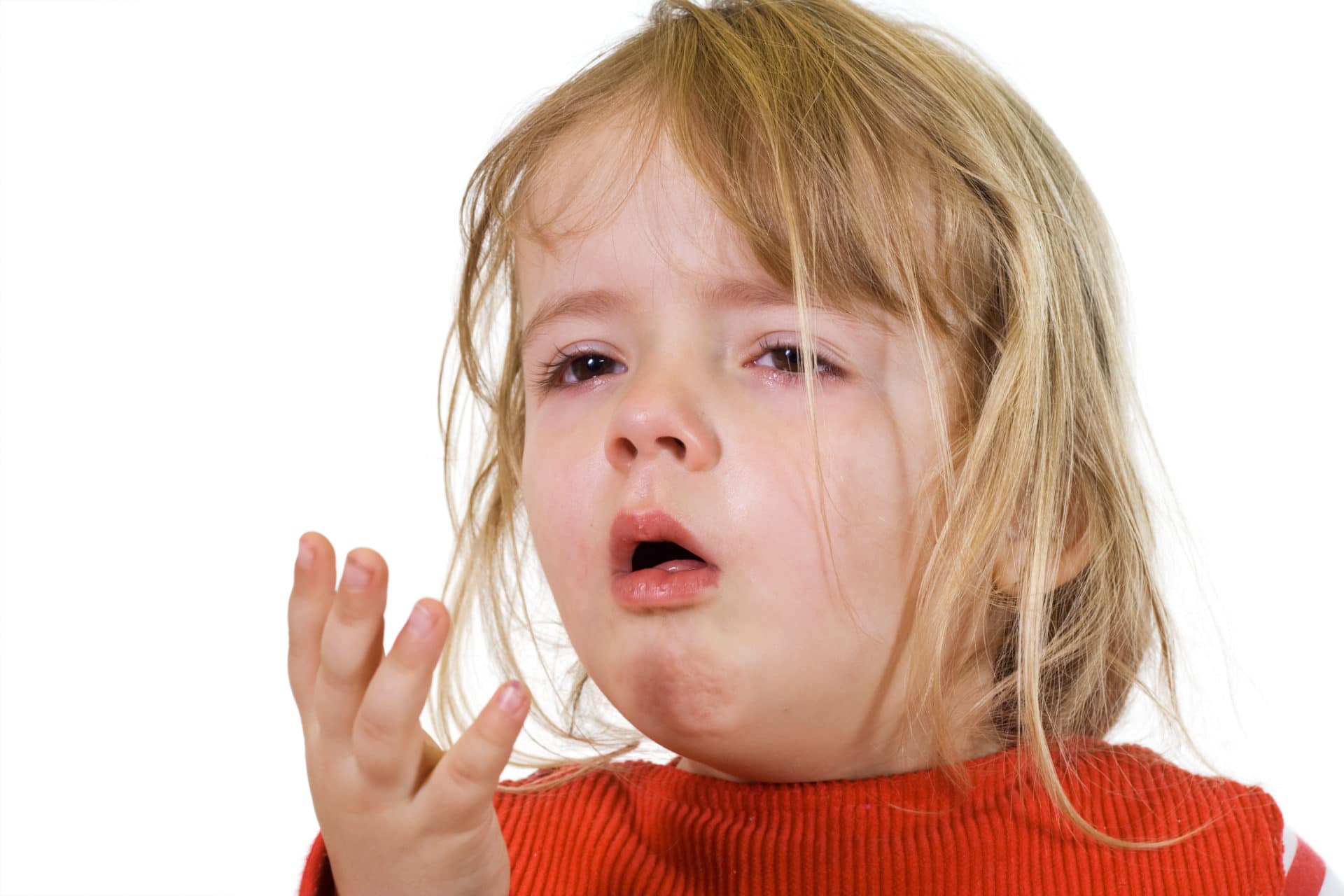Allergy and Asthma Prevention with a HEPA Air Purifier

Allergy and Asthma Prevention
Allergies or asthma can be a miserable experience for your child (and for you, too). It’s difficult to see your child struggling with these symptoms:
- coughing
- sneezing
- congestion
- wheezing
- shortness of breath
- headaches
- tiredness
Untreated allergies can lead to other illnesses such as ear infections and sinusitis, so it’s important to deal with the allergy symptoms while removing the allergens from your child’s environment.
A good HEPA Air Purifier is essential for allergy and asthma prevention
Allergens and chemicals that can trigger asthma and allergies include
- pollen
- mold
- mildew
- animal dander
- dust mites
- cockroaches
- smoke (from cigarettes and wildfires)
- heavy metals and chemicals in dust
- formaldehyde
- chemical off-gassing from carpets, particleboard, and pressed-wood furniture
- PCBs and plastics containing phthalates and BPA
Allergens can often be worse inside your home than outside, but there are things you can do to improve the quality of the air in your home. See Indoor Air Pollution: How to Protect Your Children
If you or your child are suffering from allergies or asthma, an effective air purifier is important, since it’s designed to remove the tiny particles that trigger an allergic reaction. HEPA filters are significantly better at removing these tiny particles than the ionic and electronic air cleaners.
There are many HEPA air purifier products on the market with a wide range of prices. Be cautious about the cheap ones since they probably won’t do a good job of removing the allergens. With air purification, you certainly get what you pay for.
HEPA filters will do a great job of capturing particles, but not the VOCs. To also remove formaldehyde and other VOCs, (chemical off-gassing) you will need an air purifier with additional technology. Air purifiers with plain activated carbon or granulated carbon are not as effective in removing VOCs.
We did a lot of research and determined that EnviroKlenz air purifiers are the best for allergies, asthma, chemical off-gassing, viruses and smoke in the home.
EnviroKlenz Air Purifiers for Allergy and Asthma Prevention
EnviroKlenz air purifiers use HEPA filters with a patented earth mineral technology to fully clean your air. Unlike other air purifiers that work to mask and collect contaminants, EnviroKlenz safely neutralizes and destroys allergens, gasses, viruses, etc.
If you or your children have chemical sensitivities, allergies, asthma or other breathing problems, take a look at our Best Air Purifiers or go direct to our recommended EnviroKlenz Air Purifiers. Try it out and see if it helps. Most people can feel the results within a few days.


I’m curious – what about the impacts of driving in vehicles, especially as hotter weather hits and we crank the AC – is there some sort of filtration (other than built-in cabin filters) that can be utilized? Or just roll the windows down and hope for fresh air?
Good question. I have often wondered the same thing. 2/3 of my children have asthmas and allergies, and I have found prevention is the best key (knowing and avoiding triggers). We have never been able to roll the windows down when we drive because it seems to affect my kids more negatively than the A/C.
With the Austin air filter do you only change the filter every 5 years? If not, what is the annual/ monthly upkeep for this filter? Thanks!
Yes, you only need to change it every 5 years. No monthly or annual upkeep so it ends up being less expensive than the cheaper ones where you have to keep changing the filters.
Jane
I thought my 7yr old was suffering from allergies because of her constant running nose, sneezing, cough and fatigue but it is actually her asthma. Her allergist recommending being more proactive with her medications. However after reading this article, a HEPA air filter is a great way to prevent exacerbations that is NOT a medication but a simple preventative measure. I must have one! This could really help my daughter, who rarely has a day when she feels normal. I never would have thought of an air purifier for asthma prevention. Thanks for the information!
How often should you run the air purifier? I want one for my son. We know he has issues with foods and we are just starting to realize the environmental ones as well.
It’s recommended to run the air purifier continuously to keep the air clean at all times. It doesn’t take much electricity. On low, it’s very quiet and on high the sound is equivalent to a normal conversation.
I purchased the Austin air purifier before my son, now 5, was born. Great investment!
Having asthma, I understand what this article and have air purifiers throughout my house. Some other considerations to add is keeping the basement dry by using a basement dehumidifier to prevent mold, a well known asthma trigger. Other ways to limit mold: fix leaks ASAP; keep home dry; make specifically that bathroom is kept dry.
In other areas, do not use strong chemicals around children/folks with asthma. Cleaning needs to be done with natural products or green products. Natural products include: Borax, baking soda, Vinegar, Hydrogen Peroxide. I found a green, completely safe and biodegradable all around cleaner: Vital Oxide that kills a multitude of bacteria with no harsh odors.
Very interesting! But I wonder, If the humidifier be useful in preventing allergic symptoms?
A humidifier does nothing to remove allergens and can create more allergy problems since mold, mildew and dust mites flourish when there is high humidity in the home. You also have to be careful with contaminated water sitting in a humidifier. It can release bacteria and fungi into the air. A better way to help allergy and cold symptoms is with nasal irrigation, such as a neti pot.